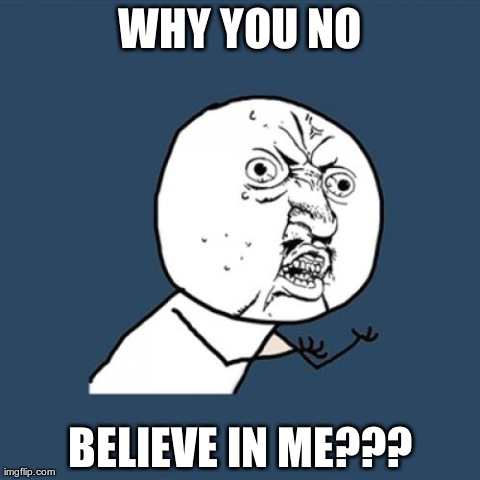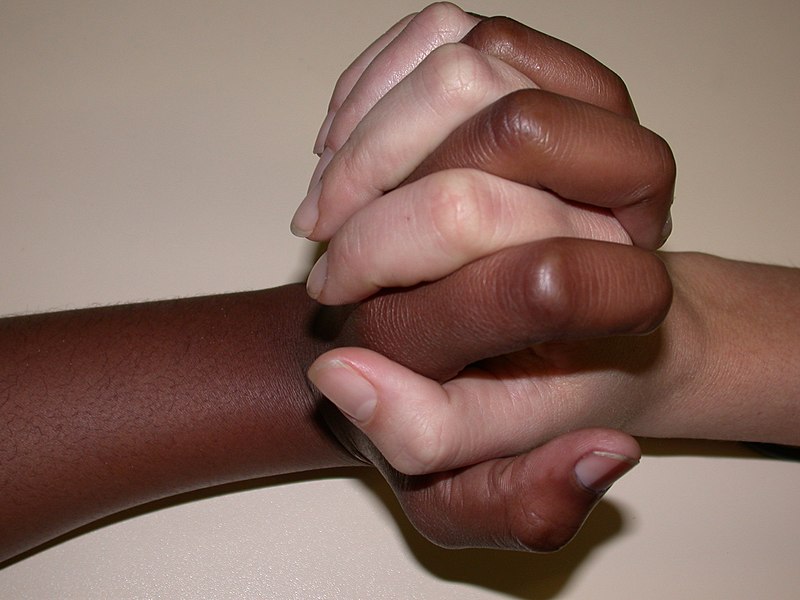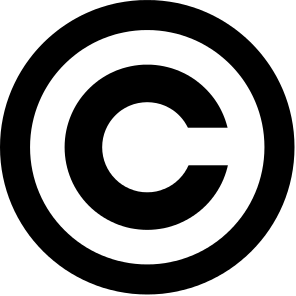Take a close look at the above picture. Can you guess what all five DVDs have in common?
Perhaps I should narrow it down a little more. It does NOT have anything to do with the original book demographic. So you can cross that off your list.
It also has nothing to do with the characters.
Figure it out yet?
Maybe you should look one more time. Just to be sure.
Here's the answer. Are you ready? All five of those DVDs offered a free digital copy with purchase. (Did the answer surprise you?)
This might not seem like a big deal, but for many buyers, it is. If you watch movies on any kind of mobile device, the choice between a DVD and a free digital copy with the DVD is pretty much a no-brainer. For me, it's what cinches the deal. Why purchase the plain DVD when, for practically the same price, I can get the DVD to watch at home, and the digital copy to watch, well, everywhere else?
Indie authors have something sort of like this. I'm not sure if it's available in traditional publishing (if so, please direct me to it), but the indie version is called:
Not all books/ebooks are enrolled in KM, and even if they are, not all are set up for free when you purchase the hard copy. But you'd be surprised at just how many books are enrolled and how many of the ebooks are free.
I love Kindle Matchbook (link), because it's good for both the author and the reader.
Author Benefit #1: Additional books in a reader's hands means a higher likelihood of your book being read.
Reader benefit #1: Additional books in a reader's hands means a higher likelihood of their book being read.
Author Benefit #2: Additional book in reader's hands = higher likelihood of your book being gifted.
Reader Benefit #2: Additional book in reader's hands = higher likelihood of them sharing one of their copies.
Author Benefit #3: The author is saying, Hey, reader, thanks for purchasing this hard copy! You matter to me! As a thank you, I want to give you another version! Keep them both, or give one to a friend!
Reader Benefit #3: The author has just given me an extra copy! I feel special! Shall I keep it? Or give it away? Squee!
There are many other benefits to this awesome feature, but the point is, whether you're an indie author who publishes through Createspace and KDP, or a reader who loves to purchase books from Amazon, Kindle Matchbook is definitely a feature worth checking into.
For more information about Kindle Matchbook, or to search for participating titles, click HERE.












